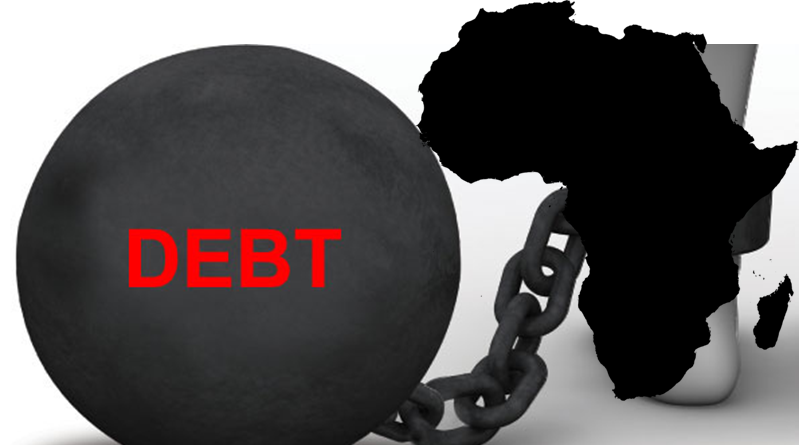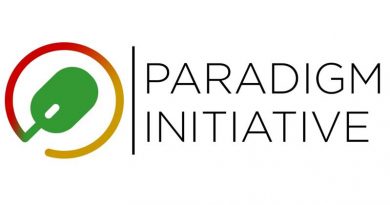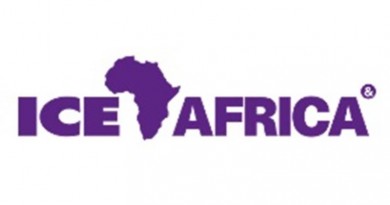Nigeria’s Total Debt Stock Rose by 0.61% to N87.91 Trillion in Q3 of 2023
The Debt Management Office (DMO) of Nigeria recently released the latest data on Nigeria’s debt, revealing that the country’s total debt stock reached N87.91 trillion by the end of Q3 2023. This represents a 0.61 percent increase compared to the N87.38 trillion recorded at the end of Q2 2023, and a significant 90.08 percent increase from the N46.25 trillion recorded in Q3 2022.
The rise in debt was primarily driven by domestic debt. External debt accounted for 36.38 percent (N31.98 trillion) of the total debt, while domestic debt accounted for 63.62 percent (N55.93 trillion). The growing debt level can be attributed to low tax revenue, high interest payments, and the weakening of the domestic currency. While it is not necessarily negative for the government to borrow from the domestic financial market, caution must be exercised to avoid crowding out funds for local businesses that also rely on the market for financing.
Additionally, it is crucial for the government to enhance the country’s debt management procedures, with active involvement from pressure groups like civil society organizations, to ensure that borrowed funds from both domestic and international markets are utilized effectively. Nigeria’s tax-to-GDP ratio is currently less than 15%, indicating significant opportunities to boost domestic revenue mobilization.
The ongoing digitalization of tax payments through TaxPro-Max should be accompanied by improved service delivery to taxpayers. Without sound debt management frameworks, the continuous increase in debt accumulation, despite a low debt-to-GDP ratio, could result in a situation of debt overhang, limiting resources for vital infrastructure projects and overall economic development.




